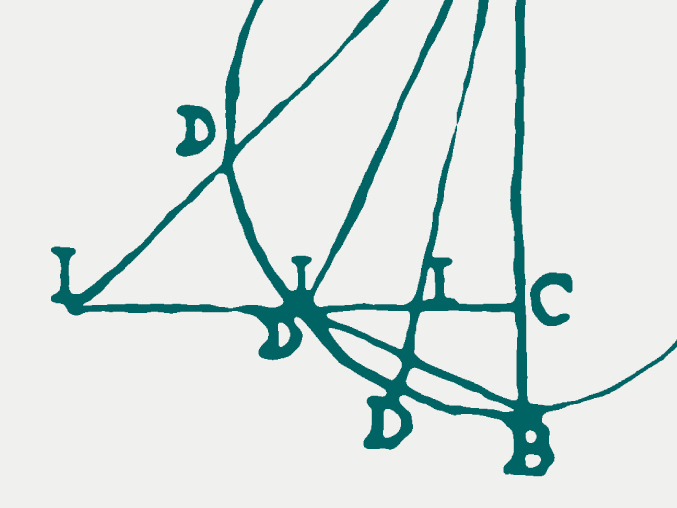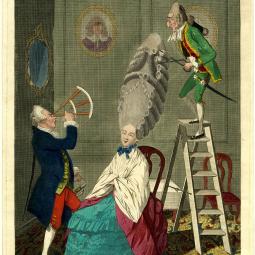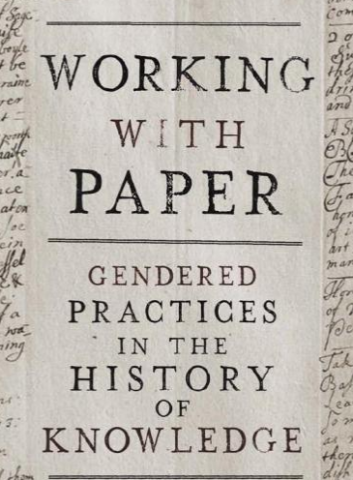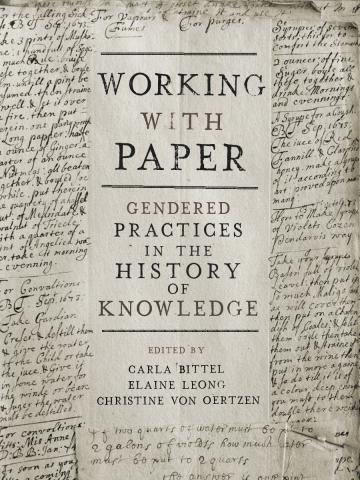Carla Bittel
Visiting Scholar (2017)
PhD, Associate Professor of History, Loyola Marymount University
Carla Bittel earned her PhD at Cornell University, and is Associate Professor of History at Loyola Marymount University, Los Angeles. As a Visiting Scholar at the MPIWG she is also a coorganizer of the Department 2 Working Group “Working with Paper: Gendered Practices in the History of Knowledge.” Her project, “Tools of the Phrenological Trade,” examines phrenology’s paper practices, and how they shaped, and were shaped by, notions of gender. Carla also participated in the Working Group “Beyond the Academy: Histories of Gender and Knowledge,” publishing this work in the journal Centaurus.
Carla has written on the history of women’s health, women physicians, and the role of science in medicine. Her first book, Mary Putnam Jacobi and the Politics of Medicine in Nineteenth-Century America, was published in 2009. She has published in the Bulletin of the History of Medicine, and contributed to the edited volume Women Physicians and the Cultures of Medicine. Her research has been supported by several grants, including a Scholar’s Award from the National Science Foundation.
Current Projects
Completed Projects
Feature Story & Book
Selected Publications
Bittel, Carla, Elaine Leong, and Christine von Oertzen, eds. (2019). Working with Paper: Gendered Practices in the History of Knowledge. Pittsburgh, PA: University of Pittsburgh Press.
Read More
Bittel, Carla, Elaine Leong, and Christine von Oertzen (2019). “Paper, Gender and the History of Knowledge.” In Working with Paper: Gendered Practices in the History of Knowledge, ed. C. Bittel, E. Leong, and C. von Oertzen, 1–14. Pittsburgh, PA:…
Read More
Bittel, Carla (2019). “Unpacking the Phrenological Toolkit: Knowledge and Identity in Antebellum America.” In Working with Paper: Gendered Practices in the History of Knowledge, ed. C. Bittel, E. Leong, and C. von Oertzen, 91–107. Pittsburgh, PA:…
Read More
Bittel, Carla (2013). “Woman, know thyself : producing and using phrenological knowledge in 19th-century America.” Centaurus 55 (2): 104–130. https://doi.org/10.1111/1600-0498.12015.
Read More





